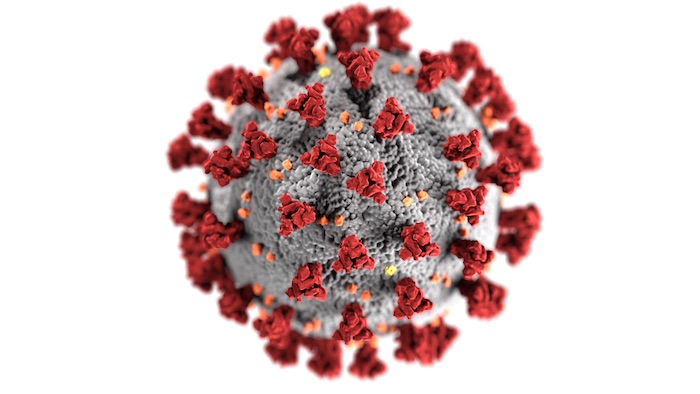Should we be paying more attention to the gastrointestinal symptoms of COVID-19? The answer, according to new studies from China published in Gastroenterology, is definitely yes.
Fever, cough and shortness of breath are the hallmark COVID-19 symptoms we’ve all been on the watch for, but a research team led by Hong Shan, MD, PhD, of Fifth Affiliated Hospital, Sun Yat-sen University, in Zhuhai, Guangdong Province, found that COVID-19 patients often had diarrhea, nausea, vomiting and other gastrointestinal symptoms before they developed respiratory symptoms. The team also found that virus is detectable in the stool of infected patients and that this shedding occurs from the earliest stages of infection and extends beyond the resolution of respiratory symptoms.
Two key takeaways from this research are that fecal-oral transmission of COVID-19 is possible and that infected patients are contagious for a longer time frame than previously thought. The research also helps to explain some of the asymptomatic transmission – it’s not that some of these patients had no symptoms, they just had no respiratory symptoms.
The study included 73 patients hospitalized from February 1 to 14, 2020 for possible COVID-19 infections. Tests were performed on blood, tissue urine and stool samples as well as nose and throat swabs.
Thirty-nine patients, who ranged in age from 10 months to 78 years old, tested positive for COVID-19. Their stools tested positive for the virus for 1-12 days. About half continued to test positive after respiratory samples were negative.
Based on their findings, Shan and his co-authors strongly recommend testing the stool of COVID-19 patients.
The other study, led by Jinyang Gu, MD, of Xinhua Hospital of Jiao Tong University in Shanghai, documented virus in the stool of COVID-19 patients noting that SARS and MERS, which are also caused by coronaviruses are also shed in the stool.
On admission to a hospital in Washington state, the first confirmed COVID-19 patient in the U.S., reported a two-day history of gastrointestinal symptoms including vomiting and nausea, according to the study. On the second day of hospitalization, the patient had a loose stool which, tests revealed, contained the virus.
Noting that some SARS patients experienced liver damage, Gu’s team monitored the livers of COVID-19 patients and found mild to moderate liver injury.
Based on their findings, Gu and co-authors concluded that “Altogether, many efforts should be made to be alert [to] the initial digestive symptoms of COVID-19 for early detection, early diagnosis, early isolation, and early intervention.”
